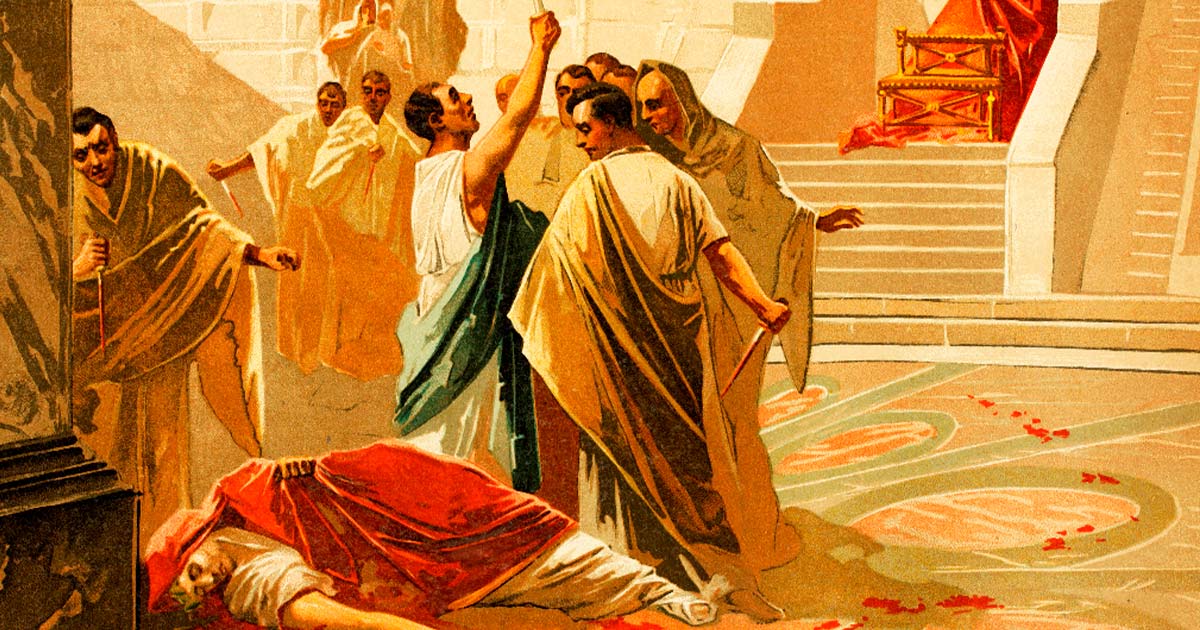How Did the Conspirators Fare After Julius Caesar’s Demise?

Following Julius Caesar’s assassination in 44 BC, a tapestry of political intrigue unfolded among the Roman conspirators. Marcus Junius Brutus, driven by anti-tyranny sentiments and potential resentment over Caesar favoring Octavian, met defeat at Philippi in 42 BC alongside ally Cassius. Lesser-known conspirator Decimus Junius Brutus Albinus, feeling unrewarded, played a key role in manipulating Caesar, even convincing him to ignore warnings on the fatal day. Servilius Casca struck the first blow, and he and his brother Gaius faced dire fates post-Philippi. Trebonius, tasked with engaging Mark Antony, met a brutal end at, poisoned with belladonna.


The Deeds of Julius Caesar, Rome’s Greatest Son
“Et tu, Brute?” Rome to Reopen Square of Julius Caesar’s Assassination to Public
Cinna, linked to the attack, survived a mistaken identity, while Parmenenis, a playwright turned conspirator, faced execution after allying with Sextus Pompey. Denied a pardon, Tillius Cimber joined the conspiracy, grabbing Caesar first, yet his fate remains unclear. Galba’s conflicts with Caesar led to capture, but his family endured. Labeo, instrumental in conspirator selection, met a unique end, adhering to Roman customs. Ligarius, banished by Caesar, remains historically ambiguous. Minucius accidentally wounded a conspirator and met a gruesome end at his slaves’ hands. Pontius Aquila, who defied Caesar, later served Antony, meeting his demise in battle. The conspirators’ fates, from defeat to suicide or execution, paint a complex picture of political upheaval in ancient Rome, resonating through history’s annals.